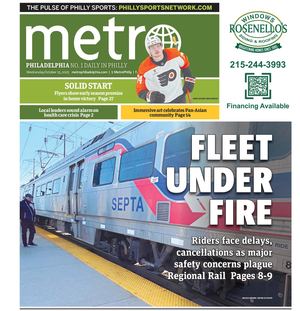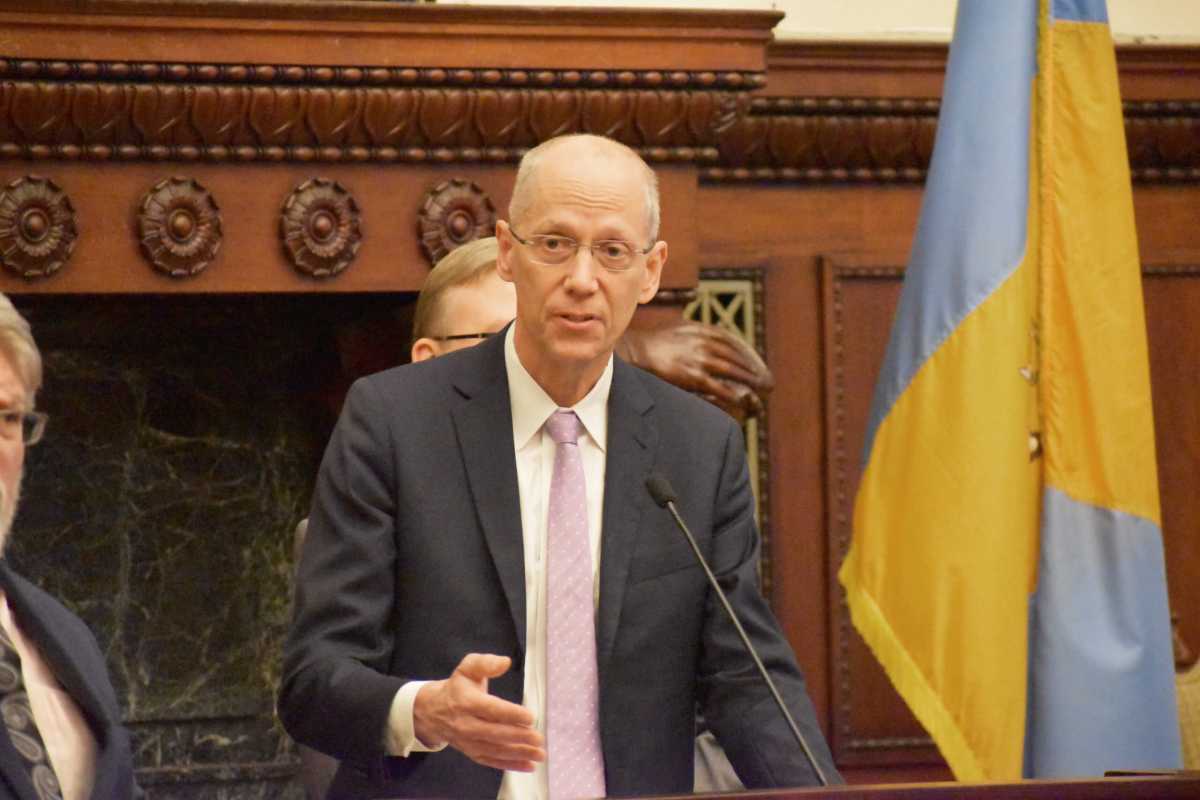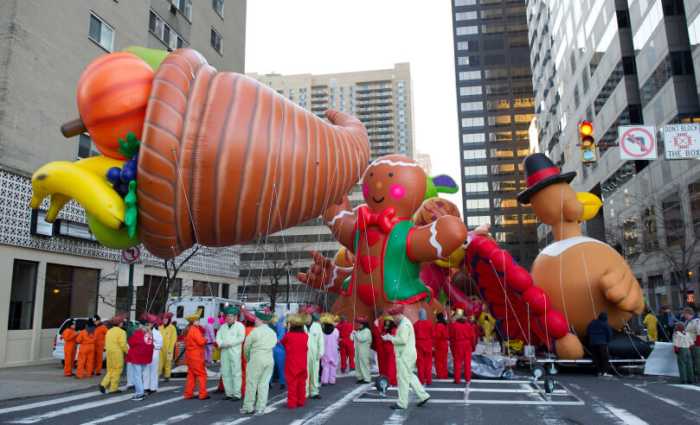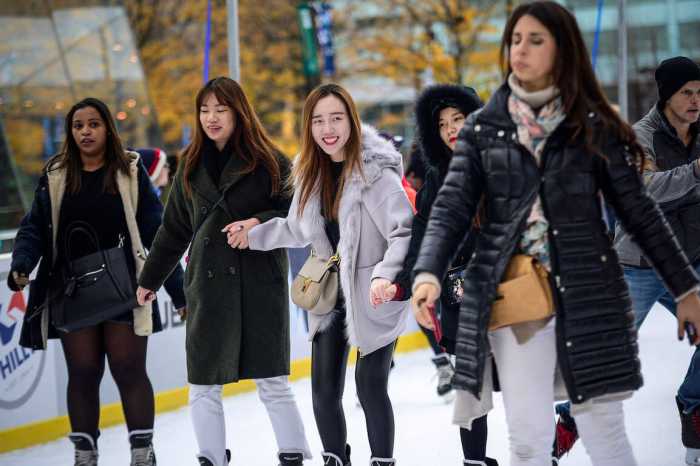The latest wave of the novel coronavirus appears to have peaked, and cases might be starting to decrease, city officials said Tuesday.
For the week that just ended, Philadelphia averaged 606 new infections a day, a significant decrease from the prior week’s 894. The positive test rate also dropped, from 10.6 to 9.5 percent.
“We are seeing a declining trend in the past couple of weeks,” Health Commissioner Thomas Farley told reporters. “That’s clearly better news, and a change from the very rapid increases we saw before that. “
Metrics could rise as delayed results come in, he added, and less people were tested last week due to the holiday.
It’s still too early to tell whether Thanksgiving Day gatherings will lead to a spike in cases. Farley said officials may know the holiday’s impact by this weekend.
City leaders instructed people to remain home for Thanksgiving, and Farley said the advice will be the same for Christmas, Hanukkah and Kwanzaa.
Anyone who did eat with people from outside their household should quarantine for 14 days, officials said.
On Tuesday, Philadelphia recorded 601 new confirmed cases and nine virus-related deaths, bringing the city’s pandemic toll to 1,985
More than 4,600 COVID-19 patients are hospitalized across the state, including 820 in Philadelphia, up from 672 last week.
Nursing homes, whose residents comprise a large portion of the city’s COVID-19 fatalities, reported 61 infections last week. Nearly 50 people have checked into a facility set up by the city to care for nursing home residents with the virus who are unable to isolate where they live.
Two coronavirus vaccines are being reviewed by the federal government, after pharmaceutical company Moderna filed an emergency request with the U.S. Food and Drug Administration Monday.
If the vaccines are approved by the FDA, Farley said the city will likely begin distributing them in two or three weeks to hospitals, who will be tasked with administering them to staff who are routinely exposed to the virus.
The Centers for Disease Control and Prevention is actively developing criteria for who should be prioritized for the vaccine, and Farley said the health department will be guided by those recommendations.
Among the first to receive it, other than healthcare employees, will be critical infrastructure workers who can’t stay at home and are exposed to the public on a regular basis, he said.
“That could be police and fire,” Farley added. “That could be SEPTA workers. Those sorts of folks.”
He said other groups that will likely receive the vaccine before the general public include people with underlying medical conditions and the elderly.
In other COVID-19 news, officials announced tax changes to help businesses affected by the latest round of pandemic-related restrictions.
Restaurants and bars won’t be required to pay the city’s use and occupancy tax for the square footage of their buildings dedicated to indoor dining. The tax break will be applied retroactively to Nov. 20, when indoor dining was banned, and remain in effect until Jan. 1.
The adjustment is estimated to save eateries a combined $10 million, officials said.
In addition, all businesses can adjust their estimated 2020 business, income and receipts tax payment and receive a refund, and the deadline to pay the city’s $500 commercial trash collection levy has been pushed from Dec. 31 to June 30.
Mayor Jim Kenney said his administration will be looking at other ways to help businesses within the city’s budget constraints, and they are also advocating for stimulus relief from the state and federal governments.






























